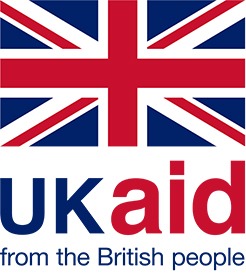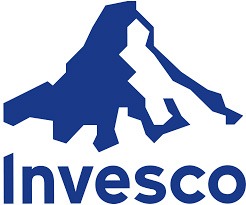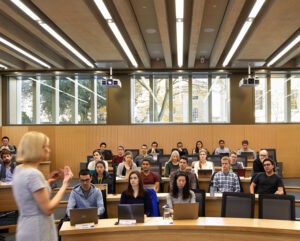Cambridge Centre for Alternative Finance
At the Cambridge Centre for Alternative Finance we study alternative finance, including financial channels and instruments that emerge outside of the traditional financial system.
Who we are
The Cambridge Centre for Alternative Finance (CCAF) at the University of Cambridge Judge Business School was established in January 2015 to conduct cutting-edge, interdisciplinary, rigorous and independent research on the development of alternative financing instruments, channels and systems, as well as related socio-economic, regulatory and policy implications.
Our team of researchers, experts, technologists and educators share the CCAF’s mission to accelerate the creation and transfer of knowledge that pushes the boundaries of research, catalyses the sustainable development of financial innovation and informs evidence-based regulation.

What we do
We collect empirical and high-fidelity data from both alternative finance / fintech market stakeholders as well as from regulators, policymakers and supervisors of digital financial services. We have a data-driven and digital-first approach for research. We aim to:
- Identify frontier global trends in fintech.
- Understand evolving business models enabled by technological innovation.
- Analyse the socio-economic impact of digital financial services.
In addition to academic output and research reports, we also produce open-access public digital tools to better visualise data and disseminate knowledge, as well as deliver impact-driven capacity building and educational activities at scale.
Research
The CCAF is forging a cutting-edge, multidisciplinary and collaborative research agenda in:
- The development of alternative financing instruments, channels and systems that emerge outside of the traditional financial ecosystem.
- The emergence of digital assets / digital money and associated business, regulatory and climate implications.
- Fintech regulation and approaches to regulatory innovation.
- Supervisory technology its application in financial authorities.
- The development of digital market and regulatory infrastructure for instance in open banking and open finance
Publications
Our faculty, research associates and research affiliates publish and create a wide range of high-impact work – from peer-reviewed academic papers, high-profile industry reports, cutting-edge regulatory and supervisory studies as well as open-access and scalable digital tools. This body of work extends the boundaries of knowledge while promoting the collaboration and engagement with a community of academics, practitioners, business leaders, policymakers and regulators.
Programmes
We provide innovative and engaging capacity building and education courses for central bankers, regulators, supervisors and policymakers as well as for corporate and institutional partners. The CCAF is currently offering executive education courses on fintech and regulatory innovation, supervisory technology, digital assets and soon open finance. To date, the CCAF executive courses have trained more than 2,000 regulators and policymakers from 315 financial authorities in over 145 countries.
Our impact
Since our founding in 2015, we have published over 50 high-impact and high-profile fintech market and regulatory reports in collaboration with more than 5,000 fintech firms in 195 jurisdictions as well as 130 central banks and other financial regulators. The Centre has created a suite of scalable digital tools, such as the Cambridge Bitcoin Electricity Consumption Index (CBECI), accessible through our digital platform CCAF.io.
The CCAF currently is offering four world-class capacity building and training courses which have trained more than 2,000 regulators and policymakers from 315 financial authorities around the world. Our research has been cited, referenced and utilised widely by academic researchers, as well as business and regulatory communities around the world.
For selected academic, regulatory and policy impact citations:

News and insights from CCAF
Read the latest news and insights from Cambridge Centre of Alternative Finance.
Research centre news
New study: industry associations boost fintech ecosystems
Industry associations are valuable contributors to the fintech ecosystem in many jurisdictions globally. They play an important and prominent role in a number of the fintech ecosystems enablers. For example, through representing the voice of the fintech industry, they engage with financial authorities to provide input and feedback on the regulatory environment.
Research centre news
New report: digital finance linked to MSME growth
Digital finance providers enhance access to credit for businesses, particularly for MSMEs operating in EMDE countries, resulting in improved business performance, a new report by the Cambridge Centre for Alternative Finance (CCAF) reveals.
Research centre news
Report: exploring wholesale central bank digital currencies
Report by the Cambridge Centre for Alternative Finance based on interviews with central banks and market participants examines how wholesale central bank digital currency initiatives are evolving in pilots and other developments around the world.
Stay up to date with our events, latest projects, report launches and news by signing up to our mailing list.
Foundational funders:










